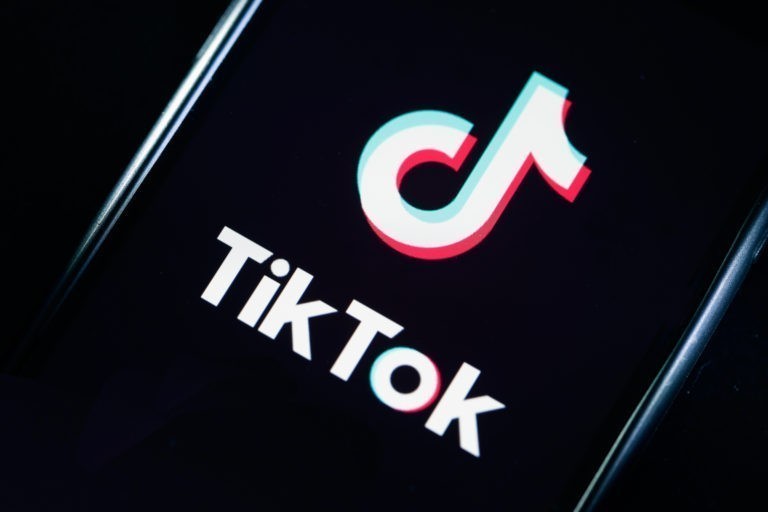- US tech company is seriously considering purchasing app’s operations in US, Canada, Australia and New Zealand.
- Trump administration has given until mid-November for any buyers to close the deal.
- Speculations suggest that Facebook, Twitter and Reliance are also in talks to invest in the video-sharing app.
Bengaluru: Oracle has entered the bandwagon to have a bite of TikTok’s operations in the US and is working with investors in an effort to outbid Microsoft after Trump divestment order.
Trump administration has given until mid-November for any buyers to close the deal.
People familiar with the matter, as reported by Financial Times, have said that the two parties have held preliminary talks with TikTok’s Chinese owner, ByteDance, and that Oracle is seriously considering purchasing the app’s operations in the US, Canada, Australia and New Zealand.
Microsoft has already gone on record about its interest to buy TikTok and has held discussions to explore a purchase of the app’s US, Canada, Australia and New Zealand businesses.
Microsoft said in a blog post on August 2 that the two companies have provided notice of their intent to explore a preliminary proposal that would involve a purchase of the TikTok service in the United States, Canada, Australia, and New Zealand and would result in Microsoft owning and operating TikTok in these markets.
Microsoft may invite other American investors to participate on a minority basis in this purchase.
Speculations suggest that Facebook, Twitter and Reliance are also in talks to invest in the video-sharing app.
ByteDance is opposed to selling any assets beyond those in the US, Canada, Australia and New Zealand, sources told Financial Times.
Oracle’s approach comes after Trump last week ordered ByteDance to divest TikTok’s US operations within 90 days, following a recommendation from the Committee on Foreign Investment in the US, a government panel that vets foreign transactions.
It is unclear whether the White House is more supportive of Oracle’s approach than that of Microsoft. Any deal would face a long list of challenges, including separating the back-end technology of TikTok from ByteDance. It is also unclear how much TikTok’s US or global operations would fetch in a sale. Oracle could not immediately be reached for comment.
TikTok could a better fit for Twitter rather than Microsoft but it is a bitter pill to swallow.
Will more players enter the fray?
The Chinese short-video sharing app, which has become a global sensation among teens, has close to 800 million monthly active users and a valuation of $50 billion but Twitter’s market capitalisation is close to $30 billion and they would need to raise additional funds to buy it and it has to be done by September 15.
TikTok’s valuation for operations only in the US is put at under $30b.
Twitter does not have enough borrowing capacity and will have a tough time to acquire enough financing.
The US President Donald Trump has given ByteDance, the parent company of TikTok, to agree to a sale due to mounting concerns over privacy.
TikTok is now countering Trump’s US ban with the threat of legal action to ensure the rule of law is not discarded.
As of August 7, Microsoft’s market capitalisation stands at more than $1.6 trillion.
If the TikTok deal needs to be done before September 15, then only Microsoft has the power and not Twitter.
Microsoft co-founder Bill Gates has told Wired that the company’s potential TikTok deal as a “poisoned chalice”.
“Being big in the social media business is no simple game, like the encryption issue but having Trump kill off the only competitor, it’s pretty bizarre. I agree that the principle this is proceeding on is singly strange. The cut thing, that’s doubly strange. Anyway, Microsoft will have to deal with all of that,” he said.
TikTok could a better fit for Twitter rather than Microsoft but it is a bitter pill to swallow.
The Chinese short-video sharing app, which has become a global sensation among teens, has close to 800 million monthly active users and a valuation of $50 billion but Twitter’s market capitalisation is close to $30 billion and they would need to raise additional funds to buy it and it has to be done by September 15.
TikTok’s valuation for operations only in the US is put at under $30b.
Microsoft’s market cap is much higher
Twitter does not have enough borrowing capacity and will have a tough time to acquire enough financing.
The US President Donald Trump has given ByteDance, the parent company of TikTok, to agree to a sale due to mounting concerns over privacy.
TikTok is now countering Trump’s US ban with the threat of legal action to ensure the rule of law is not discarded.
Microsoft said in a blog post on August 2 that the two companies have provided notice of their intent to explore a preliminary proposal that would involve a purchase of the TikTok service in the United States, Canada, Australia, and New Zealand and would result in Microsoft owning and operating TikTok in these markets.
Microsoft may invite other American investors to participate on a minority basis in this purchase.
As of August 17, Microsoft’s market capitalisation stands at close to $1.6 trillion while Facebook has $744.11 billion, Twitter has $30.6 billion and Oracle has $166.68b.
If the TikTok deal needs to be done before mid-November, then only Microsoft has the power and not other players..
Microsoft co-founder Bill Gates has told Wired that the company’s potential TikTok deal as a “poisoned chalice”.
“Being big in the social media business is no simple game, like the encryption issue but having Trump kill off the only competitor, it’s pretty bizarre. I agree that the principle this is proceeding on is singly strange. The cut thing, that’s doubly strange. Anyway, Microsoft will have to deal with all of that,” he said.












